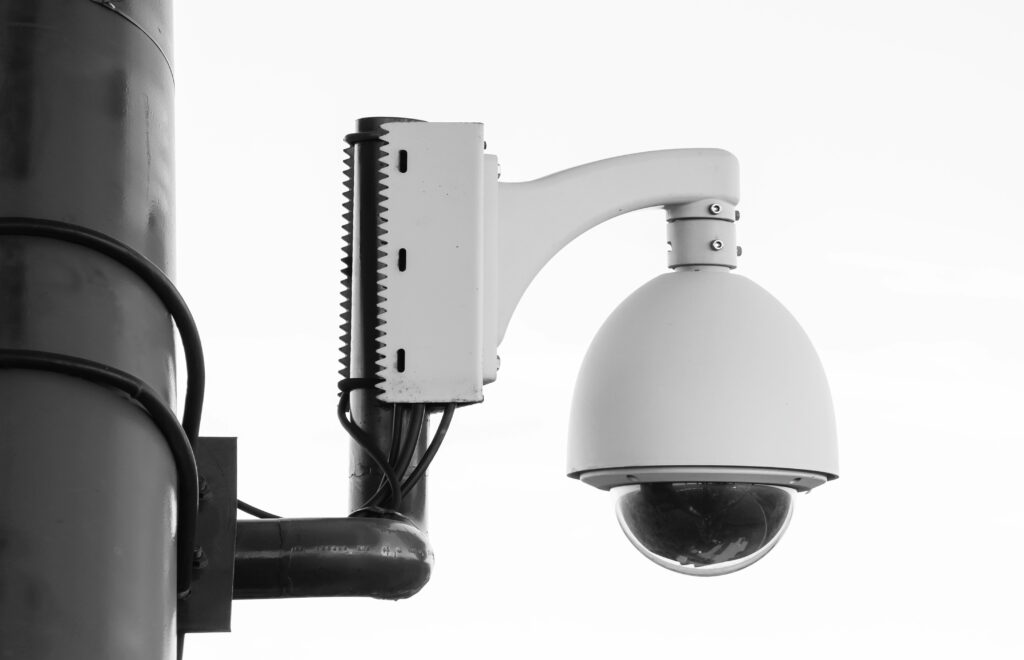The shift to remote work has transformed the modern workplace, becoming a key factor for businesses to consider in their operations. In Dubai and worldwide, the need to support employees working from home or other remote locations is no longer optional but essential. Optimising IT infrastructure for remote work plays a crucial role in maintaining business efficiency, productivity, and security. For companies in Dubai, with its diverse workforce and fast-paced economic environment, robust IT infrastructure is the backbone of a successful remote work strategy.
Businesses need to ensure that their systems can support remote access, provide seamless communication, and safeguard sensitive data. Understanding the challenges of remote work, along with implementing the necessary technology and support, is essential for long-term success. Here, we explore how to optimise your IT infrastructure for remote work, highlighting the importance of cybersecurity, reliable connectivity, and the right collaboration tools to maintain smooth operations across remote teams.
Understanding the Challenges of Remote Work
While the concept of remote work has brought new flexibility and benefits to businesses, it has also introduced several challenges. For companies in Dubai, with its rapidly growing digital economy, these challenges can significantly impact productivity if not addressed properly.
- Connectivity Issues and Network Reliability Many businesses experience connectivity issues when their employees work remotely. Stable and reliable internet connections are critical for maintaining smooth operations and ensuring that employees can perform tasks efficiently. When remote workers encounter network lags or disconnects, business operations can suffer.
- Cybersecurity Concerns Remote work introduces additional vulnerabilities to an organisation’s cybersecurity framework. Access to company resources from remote locations opens the door to cyber threats, such as phishing attacks, malware, and unauthorised access. It is essential to prioritise cybersecurity for remote work, protecting data and systems from breaches and attacks.
- Collaboration and Communication Barriers With employees scattered across different locations, fostering effective communication and collaboration becomes a challenge. Lack of proper collaboration tools for businesses can result in delays, miscommunication, and reduced productivity. Seamless communication tools are needed to bridge the gap between remote team members.
- Access to Resources and Data Management Ensuring that remote employees can access the necessary data, applications, and resources without disruptions is a common challenge. Having an efficient cloud-based solution that provides secure, remote access to company files and software is vital.
Key Components of an Optimised IT Infrastructure for Remote Work
To successfully enable remote work, businesses must invest in optimising their IT infrastructure. This involves not only selecting the right technologies but also implementing the best practices to support productivity and security.
Reliable and Secure Internet Connection
A reliable internet connection is the foundation of any remote work setup. Without stable connectivity, employee productivity can suffer, and communication can break down. Businesses in Dubai should consider investing in high-speed, fibre-optic broadband to guarantee a smooth remote work experience. Additionally, setting up Virtual Private Networks (VPNs) can ensure secure access to company networks and sensitive information, reducing the risk of data breaches.
Backup internet connections are also essential for maintaining continuous operation in case the primary connection fails. Redundancy ensures minimal disruption during critical business processes.
Cloud Solutions
Cloud computing has become the most efficient way for businesses to support remote work, allowing employees to access files, applications, and resources from anywhere. Cloud solutions for remote work offer flexibility, cost-efficiency, and scalability, making them ideal for businesses seeking to optimise their IT infrastructure.
Cloud service providers like Microsoft Azure and AWS deliver a range of cloud computing options tailored to different business needs. These cloud-based solutions allow for seamless collaboration, real-time file sharing, and secure data storage, ensuring that business operations run smoothly regardless of where employees are located. You can learn more about our cloud transformation services and how we help businesses integrate cloud environments here: Cloud Transformation Services.
Robust Cybersecurity Measures
One of the primary concerns when implementing a remote work policy is the increased risk of cyber threats. Cybersecurity for remote work should include multiple layers of protection to mitigate risks. Multi-factor authentication (MFA), firewalls, and network security tools should be used to ensure that only authorised individuals access company data and systems.
Remote workers should also be educated on best security practices to minimise risks posed by human error. It is crucial to have antivirus software installed across devices and to establish cybersecurity risk management protocols to prevent unauthorised access. Training employees on these procedures can make a significant difference in preventing cyber threats.
Efficient Collaboration Tools
The right collaboration tools for businesses are essential to maintaining productivity among remote employees. Applications like Microsoft Teams, Slack, and Zoom help streamline communication, facilitate real-time collaboration, and allow for easy file sharing. For businesses, adopting these tools ensures seamless collaboration between teams working in different locations.
Scalable IT Support
As businesses grow, their IT needs will evolve. Having scalable IT support services in place is critical for accommodating changes in remote work capability. Whether your business is expanding its remote workforce or introducing new technologies, managed IT services ensure that your current infrastructure remains capable of meeting the demand.
Managed IT services provide remote monitoring, troubleshooting, and ongoing support, helping businesses maintain operational efficiency without requiring an extensive in-house IT team. This can lead to significant cost savings and increased business resilience. More about our services can be found here: Managed IT Services.
Data Backup and Disaster Recovery
Remote work increases the importance of regular data backups and disaster recovery planning. Data backup and disaster recovery ensure that even if an unexpected incident occurs, business operations can resume quickly without significant data loss. An optimised disaster recovery strategy is vital for ensuring business continuity in the face of unplanned events.
Steps to Optimise Your IT Infrastructure for Remote Work
Optimising your IT infrastructure for remote work requires careful planning, strategic implementation, and continuous monitoring. Here are some key steps to take:
Assess Current IT Infrastructure
Begin by conducting a thorough audit of your current infrastructure. Identify any weaknesses or gaps in your systems, such as outdated technology, slow internet connections, or limited collaboration tools. Understanding these issues will help you create a more effective remote work environment.
Develop a Remote Work IT Strategy
To ensure that your remote work policy aligns with your company’s long-term objectives, develop a clear IT strategy that outlines the goals for your infrastructure. Planning for future business growth and scalability is essential, so your remote work systems can adapt as your company expands.
Implement Key Tools and Technologies
Once you’ve assessed your infrastructure and developed a strategy, it’s time to deploy the necessary tools and technologies. These may include cloud solutions, enhanced security measures, or collaboration platforms like Microsoft 365. Ensure your employees are properly trained on using these tools for effective communication and smooth operation.
Monitor and Optimise Continuously
Technology evolves rapidly, so it’s important to keep an eye on emerging trends and update your IT systems accordingly. Regularly reviewing your remote work IT infrastructure will help you stay ahead of potential challenges, ensuring continued productivity and security for your team.
Conclusion
Optimising IT infrastructure for remote work is essential for businesses striving to adapt to the demands of the modern work environment. A well-planned infrastructure can address the challenges of remote work by improving connectivity, ensuring cybersecurity, and fostering seamless communication. Businesses must focus on enhancing their cloud solutions, collaboration tools, and security measures to support their remote teams effectively.
By taking proactive steps to assess, implement, and monitor your IT systems, you can ensure a smooth operation, maintain employee productivity, and future-proof your company against the challenges of remote work. To explore how Kew Solutions can help you optimise your infrastructure, check out our offerings on cloud transformation and managed IT services.









